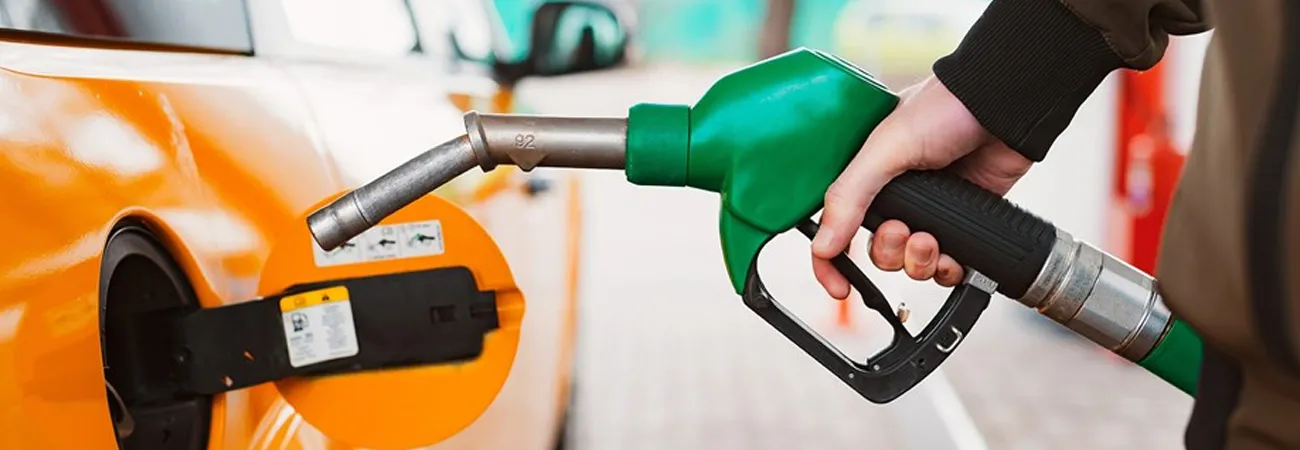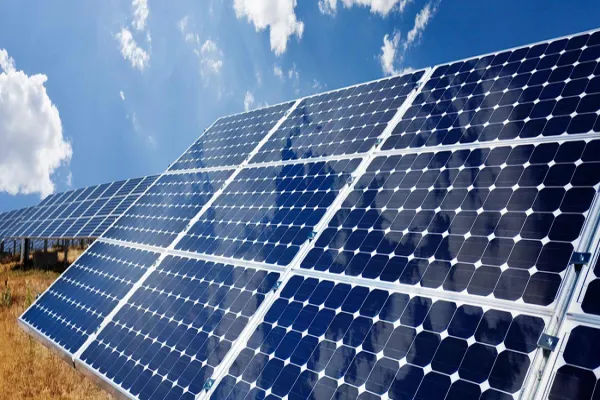i ECONOMY
The industrialists and traders in Sindh and Balochistan have denounced a steep hike in the prices of petroleum products, which would cripple the already fragile businesses, reports WealthPK. “For the last three months, the POL prices have been revised upwards, adding to the already high cost of living. It will not only put an extra financial burden on the masses, who are already hard-pressed due to inflation, but also directly impact the cost of doing business, causing an increase in the cost of production,” President SITE Association of Industry, Karachi, Kamran Arbi told WealthPK. He said the recurring increase in the prices of utilities was already impeding the industrial activities, with the increasing POL prices likely to bring the industrial wheel to a halt. This will ultimately lead to a decline in exports and an increase in unemployment, he opined. Arbi termed the recent increase in POL prices tragic for the industry and economy as a whole and urged Prime Minister Muhammad Shehbaz Sharif to take necessary measures to bring the fuel prices down; otherwise, it will become more difficult for the owners to run their factories due to the increasing cost of production. He emphasized the need to formulate policies in consultation with the stakeholders and avoid taking any steps that have a negative impact on the industries, trade and national economy as a whole.
Speaking to WealthPK, representatives from the industry and trade in Balochistan said the government should have kept the petroleum prices unchanged, given the $1.00 per barrel slump in the oil prices in the international market on the back of a relative calm in West Asia after the Iran–Israel conflict did not go out of hand as expected; and, demand destruction due to lowered economic and trade activities. Nasir Khan, a Quetta-based business leader, said the petroleum prices had been jacked up unnecessarily with effect from April 16. The price of petrol has now jumped up by Rs4.53 to Rs293.94 per liter and that of high-speed diesel (HSD) Rs8.14 per liter to Rs290.38. “Furthermore, a couple of weeks ago, the government increased the petrol price by Rs9.66 per liter, effective April 1. Collectively, the government has raised the petrol price by 5 percent in just two weeks,” he added. Nasir Khan said prominent economists agreed that the rupee was still undervalued as compared to the real effective exchange rate (REER) and will continue to strengthen marginally if the ongoing favorable developments and indicators persist in the external financing of the country.
He said the businesses were under tremendous pressure, and in the given situation, the government should realize the multiplier effects of the increased petroleum prices. “The business bodies had forewarned the government a number of times to address the teething problems in the import of Russian crude, i.e. handling of oil cargoes, the adjustments required vis-à-vis the refining processes and commercial transactional procedures to settle oil payments. “Nevertheless, the authorities failed to listen to us; else, we would have more Russian crude by now, which is cheaper by a whopping 30–35 percent compared to the international markets today,” he added. Saquib Fayyaz Magoon, Senior Vice President Federation of Pakistan Chambers of Commerce and Industry, told WealthPK that the core inflation had come down to 12.8 percent and headline inflation recorded at 20.7 percent in the month of March 2024; which is the lowest in 22 months; and, the trajectory is categorically showing a downward trend for the months to come. Therefore, it becomes imperative to reduce the key policy rate at the earliest; and, a regionally-competitive export finance scheme (EFS) and long-term financing facility (LTFF) should be offered to exporters, he added.
Credit: Independent News Pakistan









